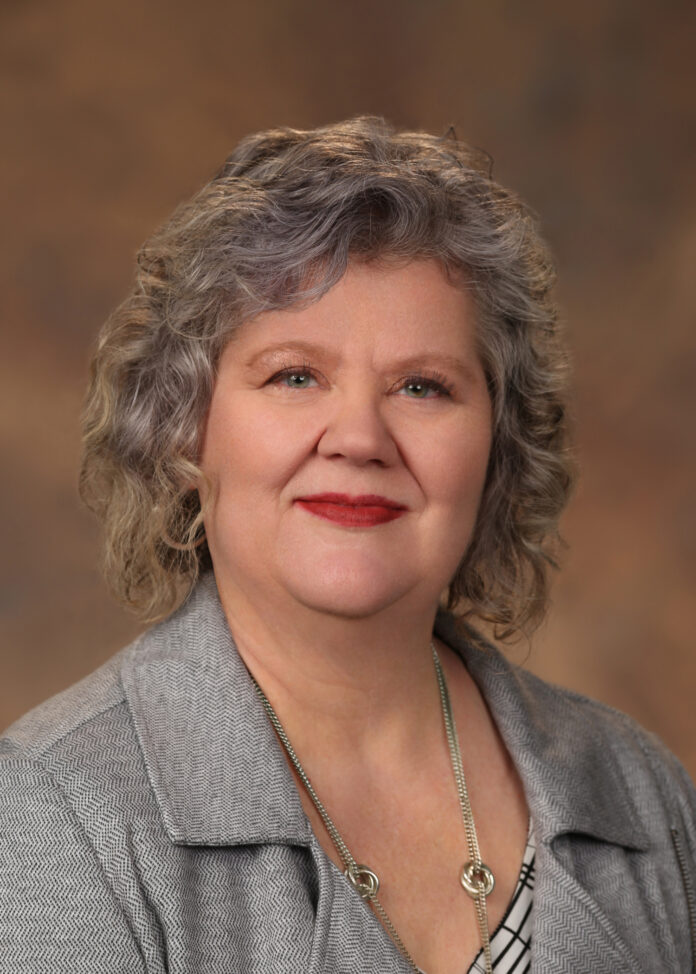
By Carol A. Cates, MSN, MBA, RN
Chief Nursing Officer
Odessa Regional Medical Center
When it comes to the “Awareness Months” I generally start the month talking about that subject, especially with the things that claim far too many lives, like heart disease and stroke, or things that have big benefits like breastfeeding and avoiding falls. But this year, I decided I would end the month talking about heart disease because I am hoping you remember to think bout your heart health all year long, not just in February.
When it comes to heart disease, the statistics are a bit daunting. According to the Centers for Disease Control and Prevention (CDC) heart disease is the number one cause of death for Americans. One person dies from cardiovascular disease every 34 seconds in the US. That works out to 697,000 people every year. Cardiovascular disease accounts for 20% of all deaths. These statistics cross every gender, racial, ethnic, and socioeconomic line. The only thing that makes a difference is age, but even that is changing, and not for the better. Heart disease statistics are now being tracked in people as young as age 20. These are not congenital problems, this is coronary artery disease (CAD) which is affected somewhat by genetics, but mostly by our choices.
20.1 million adults over age 20 have coronary artery disease. 805,000 people suffer a heart attack every year, that works out to one person every 40 seconds. 1 in 5 heart attacks are silent, which means people have damage, but don’t notice the symptoms in time to get it treated. As I said earlier, this is not a problem for just the elderly. 2 in 10 deaths from coronary artery disease happen in people under age 65. In the last decade I personally have seen at least a half a dozen people in their 20’s suffer heart attacks because of coronary artery disease.
Ector County statistics are even worse. According to the CDC, our estimated heart disease death rate for all races, ethnicities, and genders is 422 deaths each year per 100,000 people. The Texas rate is 327.6 deaths each year per 100,000 people, and the national average is 319.5 deaths each year per 100,000 people. In other words, in Ector County, for every 100,000 people that live in this county, we lose 94 more than most of Texas every year to heart disease, and 103 more than most of the US.
Heart disease is somewhat about genetics, but it is mostly about choices. High blood pressure, high cholesterol, and smoking are the biggest risk factors for heart disease. Diabetes, obesity, a diet high in fats, refined sugars, and salt, physical inactivity and excessive alcohol use are also significant risk factors for heart disease. If you combine that with a family history of heart disease (the genetics part), those risk factors related to choices have an even bigger impact. If you have risk factors, speak to your primary care provider about how you can reduce your risk for heart disease. Remember even small changes in any of these areas will reduce your risk of heart disease, so don’t feel like you must do everything at once. Start with the big things, like getting your blood pressure under control. Then move onto the next risk factor. Your primary health care provider can help you decide which things to prioritize first as you work to reduce your risk.
Because I am hoping you remember, I am finishing this week with a reminder of the symptoms of a heart attack. Some people experience only one or two of these, some people experience all of them. 1) Chest pain or discomfort. Often the discomfort feels like pressure, squeezing, fulness or pain. It usually lasts for more than a few minutes, or it goes away and comes back. 2) Dizziness, light-headedness, weakness, or fainting. 3) Breaking out into a cold sweat. 4) Pain or discomfort in the jaw, neck, or back. This pain can stay in one place, or it can feel like it moves. 5) Pain or discomfort in one or both arms or shoulders, 6) Unexplained nausea or vomiting or unexplained tiredness (more common in women) and 7) shortness of breath.
If you experience these symptoms, and I cannot say this strongly enough, DO NOT get into a car and drive, DO NOT have someone else drive you. CALL 911! The biggest reason is our wonderful paramedics at Odessa Fire Rescue can start diagnosis and treatment of a heart attack when they get to you. When it comes to heart attacks, the sooner diagnosis and treatment start, the less likely you are to have life altering damage to your heart or die from a heart attack. The second reason is your safety and the safety of others. Being behind the wheel, whether is you possibly having a heart attack, or its someone you love having a heart attack, is extremely unsafe. Your mind will not be on driving. Finally, do not take symptoms lightly. If you have heart attack symptoms, call 911. Don’t put it off, don’t wait and see if it goes away. Because if its not a heart attack it’s a blip in a day. If it is a heart attack, those few minutes of acting early can make the difference not just between living and dying, but also in your quality of life.



